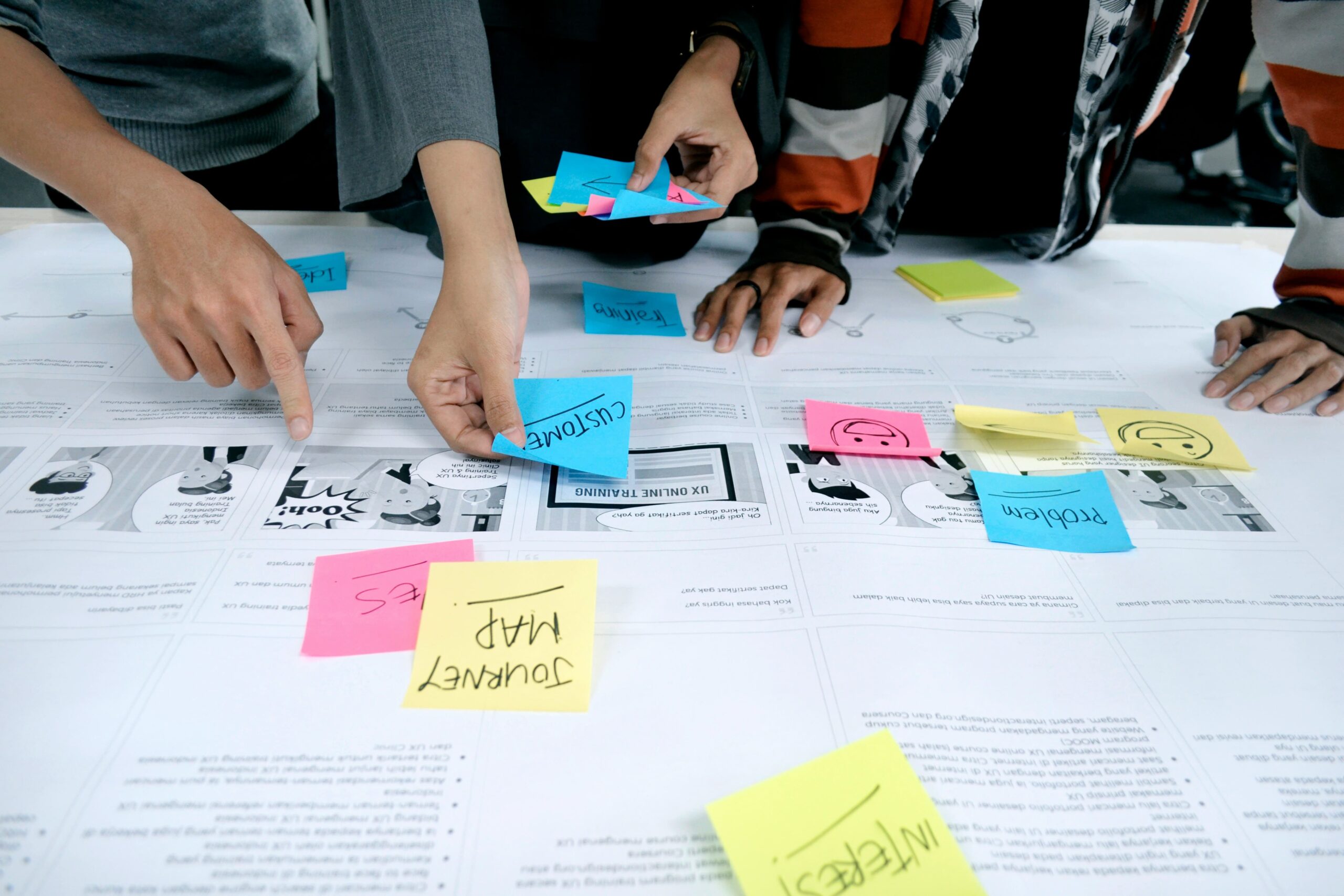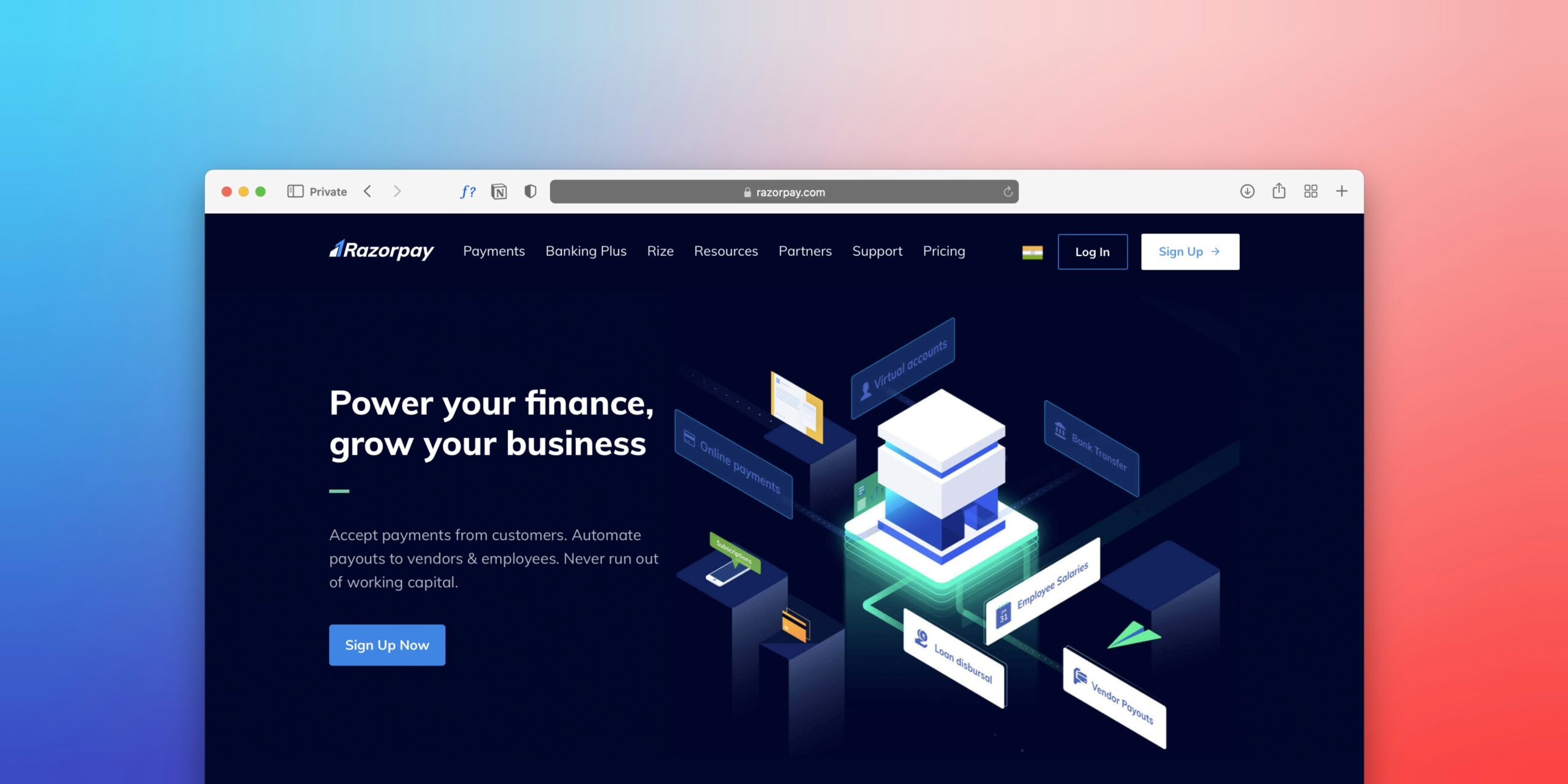Why Starting a Career in Experience Design is a Ticket to Success
In today’s digital era, businesses strive to create exceptional user experiences that engage and delight their customers. This has given rise to the field of experience design, which focuses on crafting meaningful and seamless experiences across various touchpoints.
If you have a passion for blending creativity, psychology, and technology to create memorable user interactions, a career in experience design may be the perfect fit for you.
What is Experience Design?
Experience design, often also known UX design, revolves around creating enjoyable and meaningful experiences for users. It involves understanding user behaviour, needs, and motivations to design products, services, and environments that align with those insights. Experience designers focus on enhancing user satisfaction, engagement, and loyalty by ensuring every interaction is intuitive, accessible, and emotionally resonant.
Experience Design Careers
User Experience (UX) Designer: UX designers are responsible for understanding user needs, conducting research, creating user personas, and designing user interfaces that meet those needs. They work closely with stakeholders, developers, and other design team members to ensure the end product delivers a seamless and satisfying user experience.

Working through sketches and visualising early stage concepts
Interaction Designer: Interaction designers focus on designing the interactions and behaviours of digital interfaces. They work on defining how users navigate through a product or service, how they interact with various elements, and how the interface responds to their actions. Interaction designers use principles of usability, psychology, and visual design to create intuitive and engaging experiences.
Service Designer: Service designers take a holistic approach to design by considering the entire end-to-end service experience. They focus on understanding customer journeys, identifying pain points, and designing integrated solutions that encompass both digital and physical touchpoints. Service designers often work with multidisciplinary teams to align different aspects of the service and ensure a cohesive and delightful user experience.
User Researcher: User researchers play a vital role in the experience design process. They conduct research to understand user behaviours, motivations, and preferences. Through various methods such as interviews, surveys, and usability testing, they gather valuable insights that inform design decisions and help create user-centered experiences.
Where Can Experience Designers Work?
Experience designers can find opportunities across various industries and sectors, including:
Technology companies: Designing user experiences for software applications, websites, and digital products.
E-commerce: Crafting seamless and intuitive online shopping experiences.
Financial institutions: Creating user-friendly and secure interfaces for banking and financial services.
Healthcare: Designing patient-centered experiences in healthcare applications and digital health solutions.
Retail: Developing engaging and personalized experiences for brick-and-mortar stores and e-commerce platforms.
Entertainment: Designing immersive and interactive experiences for gaming, virtual reality, and augmented reality applications.
Why Experience Design is a Good Career Option
Growing Demand: The demand for experience designers is rapidly increasing as businesses recognize the value of exceptional user experiences. Companies across industries are investing in experience design to differentiate themselves in competitive markets, leading to a wealth of career opportunities.
Creative Problem-Solving: Experience design requires a combination of creativity and analytical thinking. As an experience designer, you’ll have the opportunity to tackle complex problems, apply design thinking methodologies, and create innovative solutions that enhance user satisfaction and drive business success.
Collaboration and Impact: Experience designers often work in cross-functional teams, collaborating with stakeholders, developers, marketers, and researchers. This collaborative environment allows for diverse perspectives and fosters a sense of collective achievement. As an experience designer, you have the opportunity to make a significant impact on the lives of users and shape the success of products and services.
Constant Learning and Growth: The field of experience design is constantly evolving, presenting ongoing opportunities for learning and growth. New technologies, design trends, and research findings provide avenues to expand your skill set and stay at the forefront of the industry.
Experience Design and Career Prospects
Experience design is a thriving field that offers exciting career prospects for designers seeking to create meaningful user experiences. By blending creativity, psychology, and technology, experience designers shape the way users interact with digital and physical environments.
With a growing demand for exceptional user experiences, a career in experience design provides opportunities for creative problem-solving, collaboration, and continuous learning. So, seize the opportunity to rise above the competition and embark on a fulfilling journey in the world of experience design, where you can make a lasting impact through memorable and engaging user experiences.
Check out courses from Experience Haus to see how you can start your journey into experience design today.




